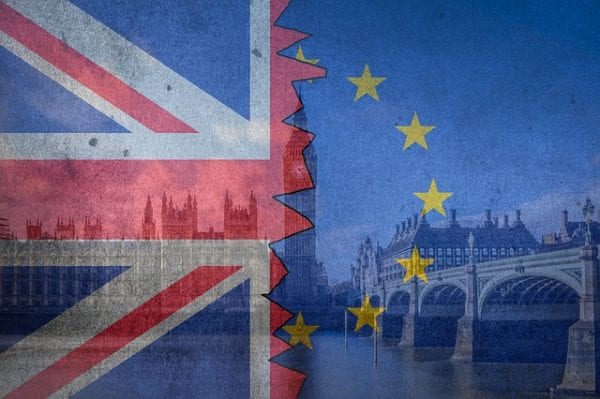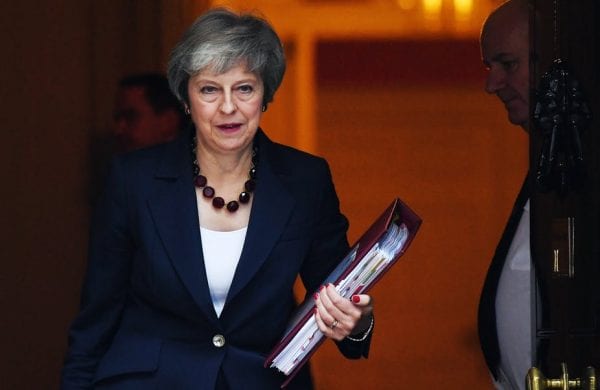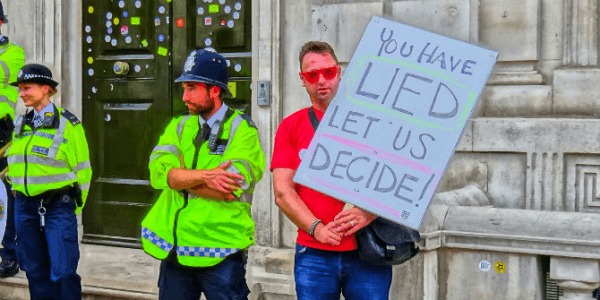GUSTAVE: Why do you want to be a lobby boy?
The elevator operator casts a sideways look. Zero searches for the honest answer – then finds it:
ZERO: Well, who wouldn’t – at the Grand Budapest, sir? It’s an institution.
GUSTAVE: (deeply impressed) Very good.
Grand Budapest Hotel [2014]
One of the UK’s primary forms of power projection in the world is through its conflict prevention and peacebuilding efforts. But this power is largely projected through the amplifier of one or other multinational institution, and in particular the EU. Eva Bertram highlights that ‘full-scale peace-building efforts are nothing short of attempts at nation building; they seek to remake a state’s political institutions, security forces, and economic arrangements’. The UK simply does not have the resources required in order to achieve this bilaterally: in terms of aid spending, the UK’s global budget for 2016/17 is just over £4billion, while the EU gives over €50billion per year in aid.
Brexit would have a negative impact on both the UK’s soft power and its hard power. Hard power is, broadly, the ability to coerce via economic or military means. Soft power is the power to impel others to do something without using force or coercion. The UK has for a long time punched well above its weight internationally owing to its post-colonial soft power—a heavily romanticised image of what Britain once was, ignoring the violence that underpinned colonialism and retaining the quaint exterior of the erstwhile empire.
Continue reading →
 By Phil Syrpis, University of Bristol
By Phil Syrpis, University of Bristol
 Image:
Image: 






